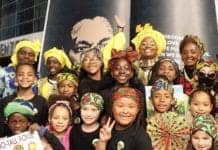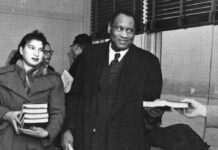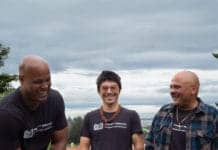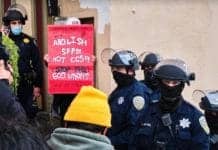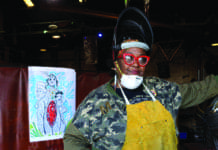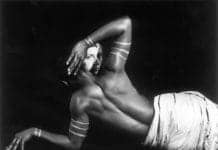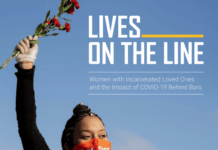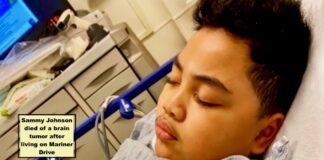by Judy Goddess
The incidence of breast cancer among African-American women, which has typically been lower than among white women, increased 0.4 percent in the past 10 years, according to a 2015 report by the American Cancer Society. Black women now are diagnosed with breast cancer at the same rate as white women. In seven states – Alabama, Kentucky, Louisiana, Mississippi, Missouri, Oklahoma and Tennessee – the incidence rates are higher for Blacks than whites.

Even though, historically, fewer African-American than white women have gotten cancer, their death rates have been higher. And that has continued. In 2012, death rates from breast cancer were 42 percent higher in Black women than white women.
There are reasons for this, of course.
Black women are more likely than other racial or ethnic groups to be diagnosed at later stages, giving them a poorer chance of survival. They are also more likely to be diagnosed with a triple negative breast cancer, an aggressive subtype that is linked to poorer survival.
When Kathryn Summers’ baby sister was diagnosed with breast cancer, they discovered that “there was nothing for African-American women. Even though she was treated at the hospital, there were no groups to offer support or education,” said Summers, a Vietnam vet and nurse.
Summers was speaking at the Bayview Imani Breast Cancer Support Group Oct. 12 at its seventh annual Breast Cancer Luncheon.
Determined to do something, she talked with experts and women in the Black community. Eventually, she started a cancer support group in the Potrero Hill projects, where they supported women undergoing treatment, and she taught how to do breast self-exams and what to look for.
The group grew and secured funding. They reached out to women in Bayview Hunters Point, Visitacion Valley and Sunnydale.
Summers’ sister didn’t survive, but the group her illness gave birth to did. While Summers would like to see the younger generation carry on the effort, she’s not backing off. “I’m going to keep working. You don’t give up the ship as long as you have time and resources.”
On Oct. 12, 2017, the Lutheran Church of Our Savior and the OMI Community Volunteers hosted the seventh annual Breast Cancer Luncheon. The luncheon brought together African American breast cancer survivors, their supporters and friends from the OMI, and the Bayview Imani Breast Cancer Support Group. Kathryn Summers welcomed the community before Effie Thomas introduced the keynote speaker, Elissa Hallen, a nurse, diabetes educator and group exercise leader.
Hallen, who leads Move to Improve, a free exercise class offered on Tuesdays from 11 a.m. to noon at the Bayview YMCA, reminded the attendees how important exercise is for a cancer patient’s mood and body.
Her class, Hallen said, is designed to give people who have not been exercising a chance to begin a safe exercise regimen and a new avenue to improve their health. It’s recommended we move 150 minutes a week, but when you’re not moving at all, even five minutes a day is an improvement.
The path to being more active is to become more aware of what your muscles are doing. Think about your muscles when you’re doing laundry,” she advised, while leading the group in various breathing and stretching exercises. “Stretching can be delicious; it can change your day.”
The Bayview Imani Breast Cancer Support Group meets on the third Wednesday afternoon of the month. Their website describes these meetings as “a place where women can find comfort, feel safe, gather information and understand that they are not alone in the fight against breast cancer.”
For more information, contact www.bayviewimani.org or call Kathryn Summers at 415-748-2762.
Judy Goddess, who is a senior, writes a monthly column on senior issues for the Ingleside-Excelsior Light, a fellow member with the Bay View of the San Francisco Neighborhood Newspaper Association. She can be reached at judygoddess@gmail.com.

 Store
Store



